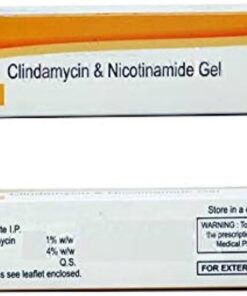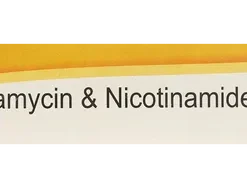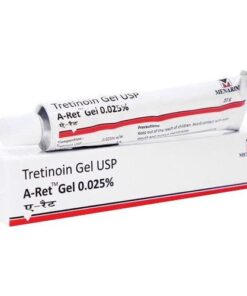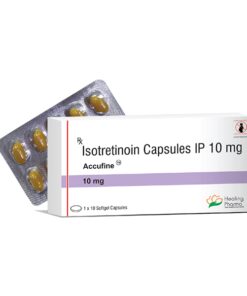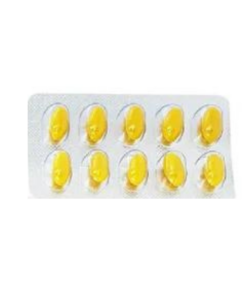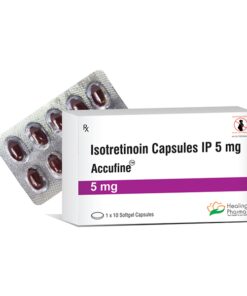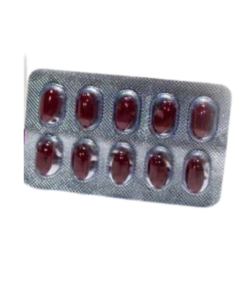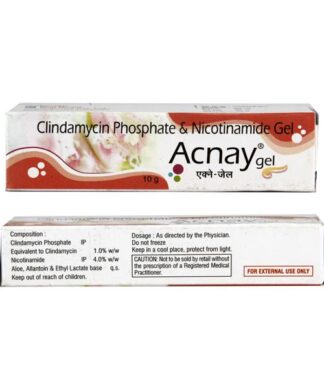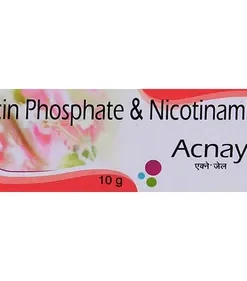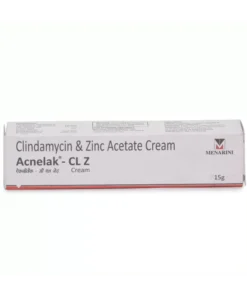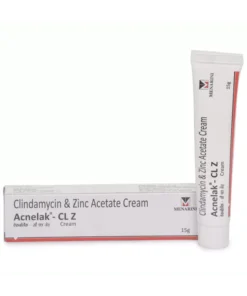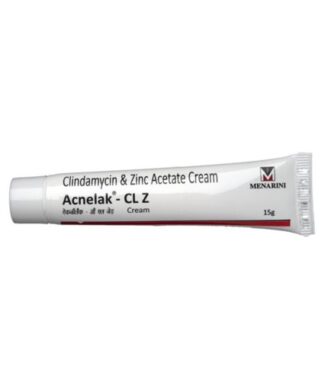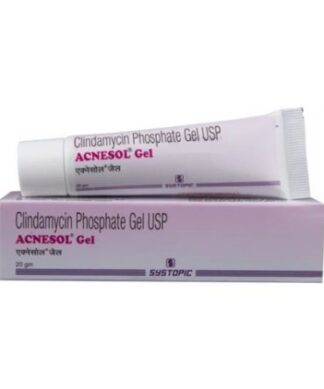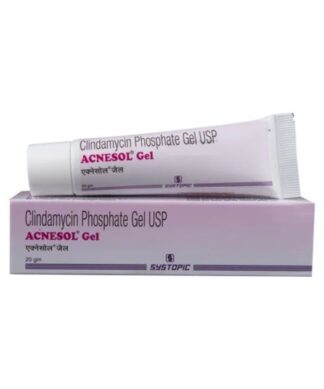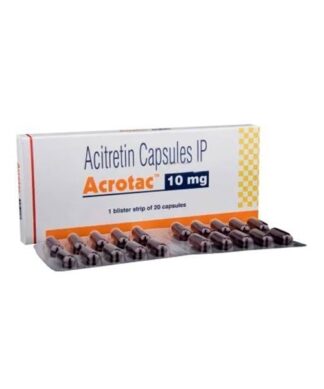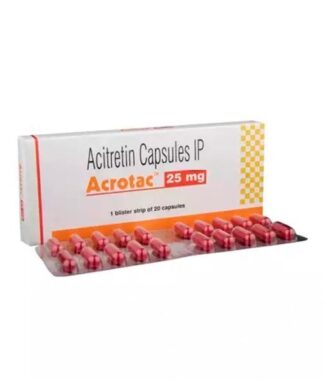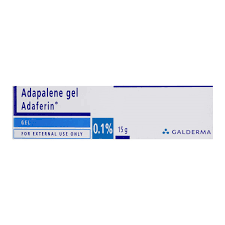The face, forehead, chest, upper back, and shoulders usually show its appearance.
Remedies, which alter vitamin A, produce a class of medications called topical retinoids. These medications clear up the pores and prevent comedone formation by promoting skin cell turnover. They treat mild, moderate, and severe acne breakouts.
In addition, they can act as anti-wrinkle supplements. Doctors often prescribe topical retinoids for fine lines and wrinkles. Retinoids have become a very popular treatment for acne patients who are also aging.
Tretinoin is an example of a topical retinoid. It is the most commonly used and effective one. The most commonly used topical retinoids for acne treatment are:
-
Retin-A (tretinoin)
-
Retin-A Micro (tretinoin)
-
Avage (tazarotene)
-
Tazorac (tazarotene)
-
Differin (adapalene)
Adapalene is a retinoid-like compound but is included in the topical retinoid category because it functions using the same mechanism.
Using topical retinoids (such as Tretinoin, or Retin-A, Adapalene, or Differin, Retinyl Palmitate) at the beginning of treatment commonly triggers the appearance of acne. However, with continued use, your face will become clearer, and your complexion will improve over time using this product.

